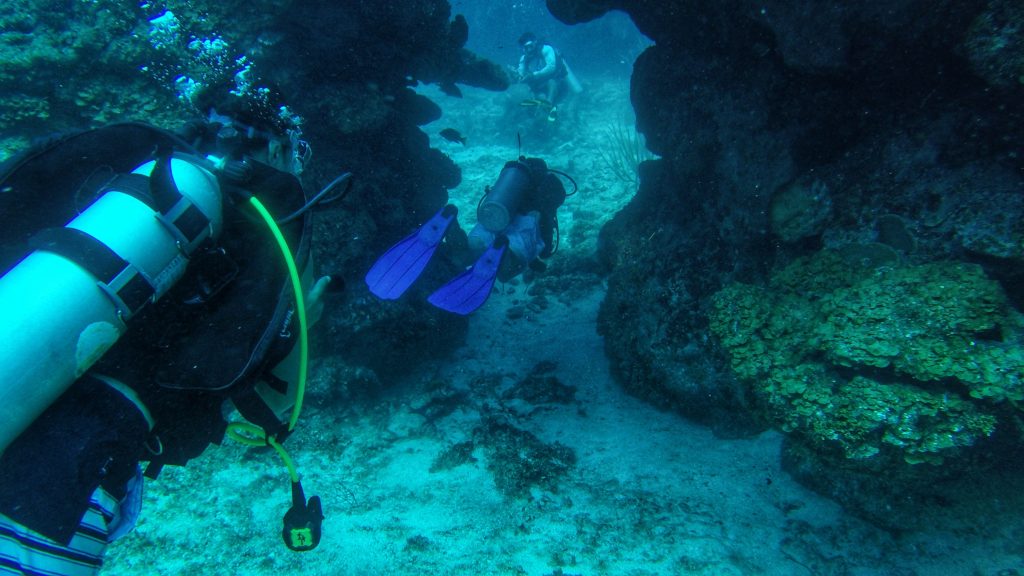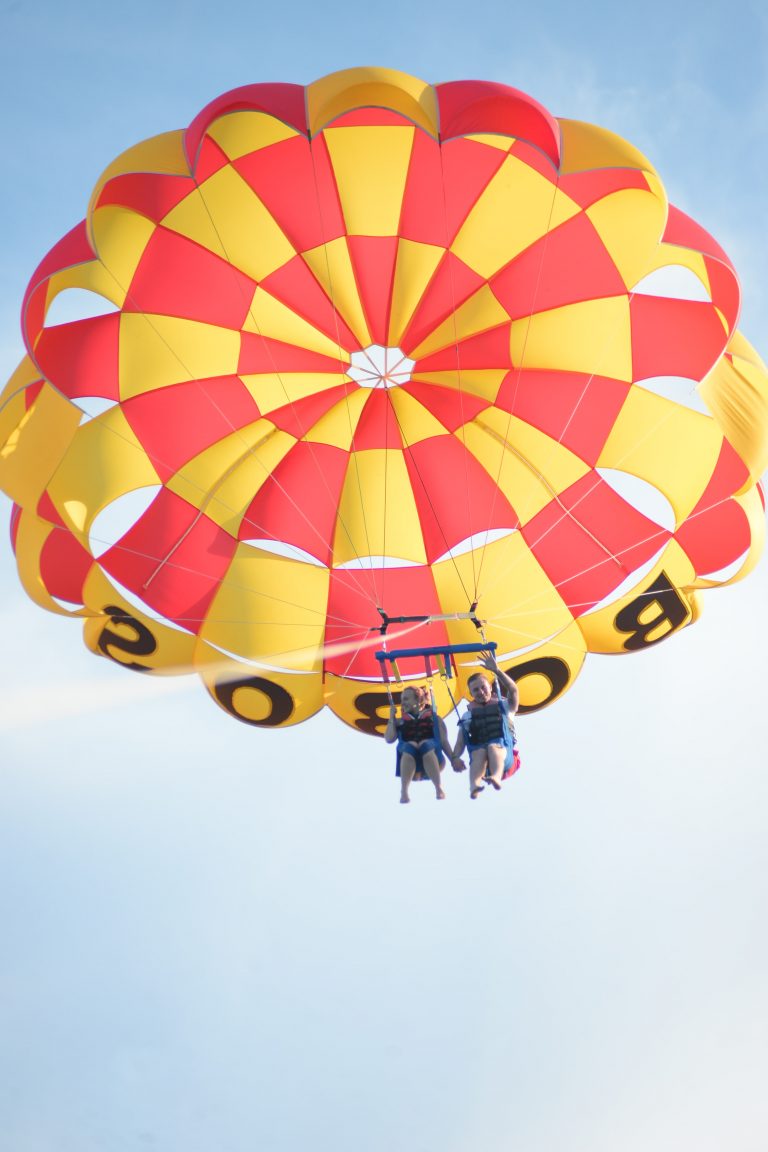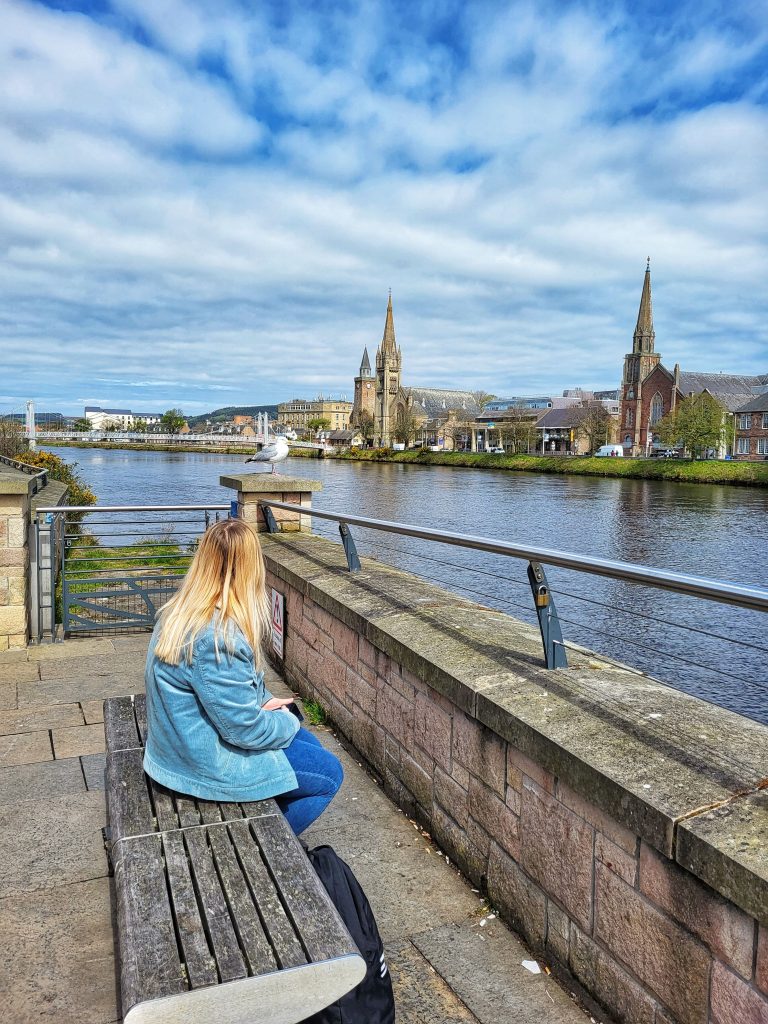How to Equalise When Diving (Equalising Methods & Tips)
DISCLOSURE: This post may contain affiliate links. We only recommend products that we truly feel will bring value to our audience. If you click on a link and make a purchase, we may receive a small commission at no extra cost to you. These commissions go towards improving our blog and creating a better experience for you. We really appreciate your support!
If you’ve found this article then that means that you’re either thinking about learning to dive, already began your course or your ears are more sensitive than they used to be. We’ve created this guide to show you some ways on how to equalise your ear pressure when diving.
For some people, equalising isn’t as easy as just holding your nose and blowing. There could be a number of reasons as to why you’re struggling to equalise when diving such as your diet consists of foods that increase mucus which can make it tricky to equalise.
Alternatively, you could have a dreaded flu or cold on the way which makes it harder to equalise. Even alcohol the night before diving can make a difference when you’re diving. There are plenty of reasons but if you’ve already ruled these out then that is where this blog post comes in.
If you’re like Amy, you may have small ear canals and this can make it trickier to equalise than most people. In this guide, we will be sharing some of the most common ways of equalising as well as tips for some more unique equalising methods.
Disclaimer

We want to be very clear that the information we provide in this article is not medically proven. They are based on our opinion of what has worked for us or people that we know.
If you are experiencing trouble with equalising then it is highly recommended to visit a ENT Doctor to make sure that you are cleared to dive. Once you’ve done this, then it is time to start looking at ways to help equalising.
Learning to dive can be a little scary as it is, never mind having to worry about your ears on top of that. Liam never seems to have issues with his ears but Amy finds that she really suffers. Not everyone is the same and what works for one person may not work for another.
Personal Experience
Amy has tried quite a few different remedies. She found that what worked best for her was to begin taking decongestants twice a day a few days before she is going to dive. Before the dive she would then rub tiger balm behind her ears and along her jaw before entering the water.
This might sound like a bit of a strange combination but for her personally it works a treat. When you’re learning to dive, it may just be a little bit of trial and error so that you can find out what works for you.
To put it into perspective though, without the decongestants and the tiger balm, it took Amy 17 minutes to descend to 10 metres pain-free. With the decongestants alone, it took around 10 minutes to descend 10 metres. With decongestants and tiger balm, she got it down to around 5 minutes to descend to 10 metres so you can see that this speaks for itself.
Here are some remedies that we recommend or found has worked for others:

Tips on How to Equalise When Diving
1. Tiger Balm
This is Amy’s number 1 saviour for scuba diving. When she was doing her course, she met a couple who also had issues with their ears. They told her that before each dive they would rub the balm just underneath their ears and jaw which helps open up the paths.
Amy gave it a try and realised that this was her saving grace. If you decide to use this method, just make sure that you are careful when putting your mask on because you do not want this stuff anywhere near your eyes. Trust us, you’ll regret it.
2. Decongestants
You have to be really careful if you’re taking decongestants because they can potentially wear off whilst you’re diving. The open-water course will also advise you not to take these.
However, if you take them 30 minutes before you dive, you should be fine. Do not take decongestants if you have a cold and want to dive, this will not help you in the slightest and you’ll regret it later.
We only use decongestants purely for the difficulties with equalising. The reason for this is that you know that you can equalise to some extent even if it is a little bit more painful than it should be.
The decongestants will help open up this channel a bit more for you so it’s less painful. If you use these with a cold, you don’t know if you are able to equalise without the decongestants even if it does wear off so it is always best to use these with severe caution.

3. Try different equalising methods
Did you know that there is more than one way to equalise than by holding your nose and blowing? Yep, that’s right. There are at least 6 different methods that you can use to help you equalise. You can use the useful guide above that will talk you through them.
Make sure that you practice these so that you can successfully perform them when you are actually in the water and don’t have the webpage to hand. As we said before, you just need to keep trying to see what works for you and that includes trying these different equalising methods.
4. Ear drops
For Amy, whilst she tried ear drops, she didn’t find that they helped her very much. Yet again though, it’s each to their own. Often if you can’t equalise, it may be due to the fact that you have a block-up somewhere.
If you’re already abroad doing your lessons, it may not be convenient / cheap to get to a doctor. Alternatively, there may be a little bit of a language barrier too.
You should be able to get some ear drops from a local pharmacy and they shouldn’t be too expensive either. This should help clear out any excess earwax so that you don’t have as much blockage.

5. Nasal Syringe
You can go and get this professionally done with an Ear, Nose and Throat specialist. If you’re not in the position to do so, you can get them at a local pharmacy.
This is something else that Amy tried that she found didn’t help too much with diving. She must admit that she did feel a lot fresher after.
To be honest it’s worth giving it a go regardless and clearing as much of the congestion as you can. Try to do this the morning of the dive so that you can ensure that it stays clear.
6. Cutting Out Bad Habits
Alcohol, tobacco and some foods can also cause congestion so it is worth considering cutting out these items before diving. It might seem like this is pointless but it really does make a significant difference. It doesn’t mean that you need to cut this out for life. Avoiding these just a couple of days before diving really will make a difference.

Final Advice for Equalising When Diving
It is worth trying these tips to see if they can help with you equalising. If you are able to always speak to your GP to ensure that you are safe to dive. You know your body better than anyone so make sure you trust your gut too.
Amy only began to try these tips after she realised that it was taking her a long time to descend. She had to cancel a dive and sought medical advice. After being advised that she was okay to dive, she began to try tips to make the dive more comfortable.
One of the most important things is also choosing the right diving company as that will greatly impact your experience. Selecting the best dive shop means that if you have trouble with your ears, you will have some experienced and empathetic on hand to help.
Don’t forget…
Diving is completely safe unless you do something to put yourself at risk. When you’re learning to dive, you’re given all the information and tools so that you can do this safely.
If you are finding that diving is too painful for your ears then you need to cancel the dive. Nothing is worth your health and you need to always have that at the forefront of your mind.
Don’t pressure yourself if it takes a while to equalise and relax. Panicking will not help you or those that try to help you. If you have trouble equalising, slowly pull yourself up a tiny bit, equalise and try to descend again.

Amy knows first-hand how frustrating it can be so make sure you are patient with yourself. Persevere until you find something that works or you are told by a specialist you cannot dive. Don’t push yourself to do something that is hurting you or you don’t feel comfortable with.
With all this in mind, don’t forget the biggest tip of them all. HAVE FUN! Leave that worry behind you and enjoy the dive! If you’re looking for some diving inspiration then head over to our Best Scuba Diving Spots in Belize where you will find plenty of information about diving in one of the most beautiful countries.
Do you have any other remedies that we haven’t mentioned? We would love to hear from you and share the information to help others!






